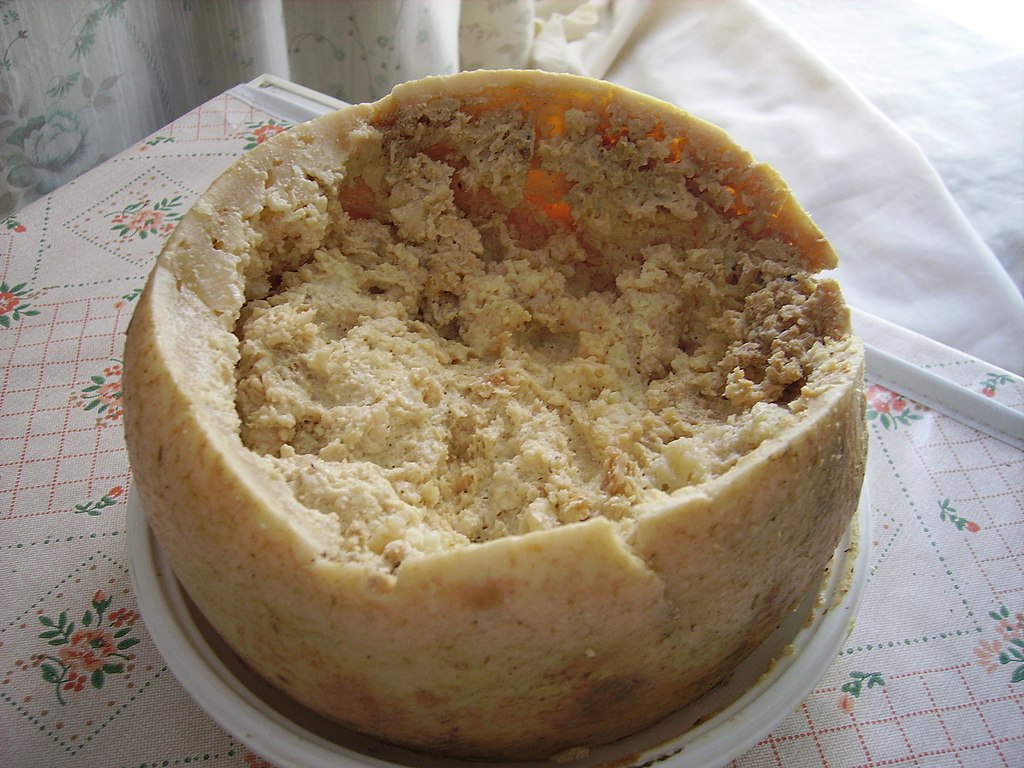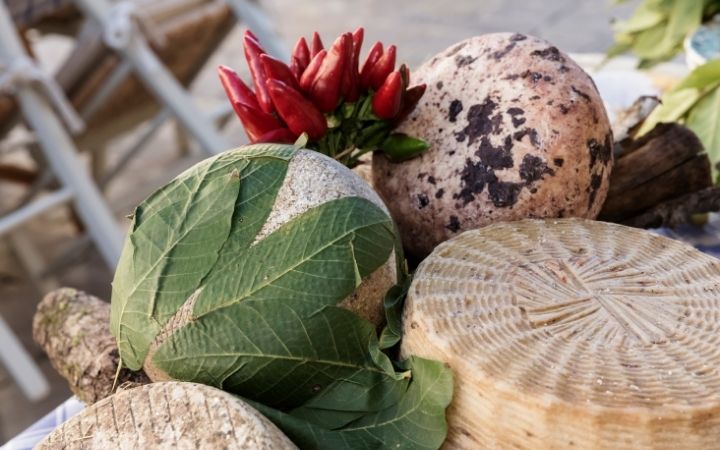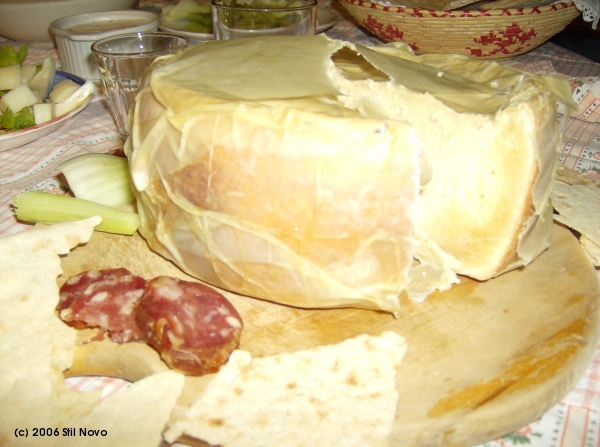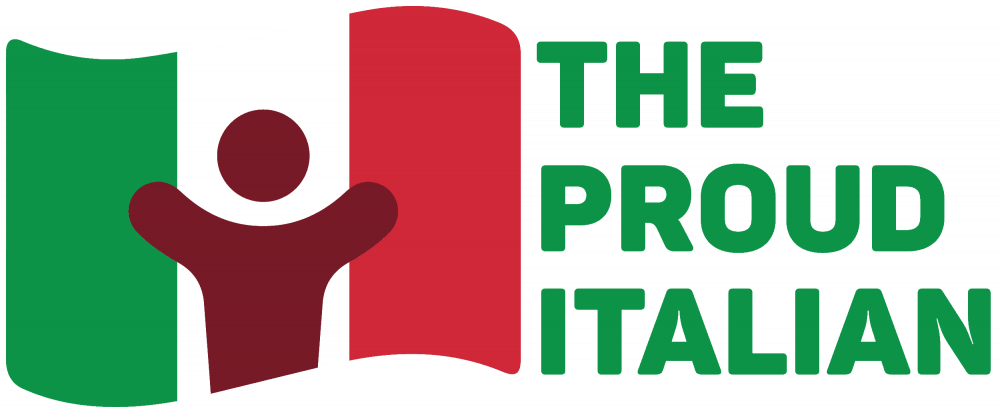We’ve got bugs…and cheese! Now that we have your attention. Can we perhaps interest you in a delicacy straight from the isle of Sardinia on the Italian coast?
Read on to discover more about this unique product and learn some interesting facts about it on the way!

History of Casu Marzu
Ciao! The name hits the nail on the head in every sense of the word! Casu Marzu cheese literally means “rotten” cheese! Are you put off yet, or shall we continue? This maggot-infested cheese is a derivative of the classic Pecorino cheese.
It is said that in poverty-stricken villages in Sardinia in earlier years, the underprivileged communities were so desperate that they ingested anything they could to bust their hunger pains; this included this type of Italian cheese laden with maggots.
There is no exact recording as to when this Sardinian cheese became a rags to riches item. But it has been around for centuries, and the Sardi has been producing the primary product, pecorino, since the Bronze Age. Casu Marzu has gained infamy for being the most dangerous and illegal cheeses in the world for a number of reasons.
Who was the human founding father of this maggot cheese? Well, no one really knows for sure, but like most inventions – it probably happened by complete accident, and someone thought it a newly-created dish fit for the Gods!

How is Casu Marzu made?
What is the special ingredient in Casu Marzu? Live insect larvae that crawl in the creamy crevices in the layers of this dairy product! Let that sink in for a while!
The cheese is made from sheep’s milk, and once a pecorino wheel is made. The Casaro – “Cheesemaker” then makes holes in the pecorino wheel and lures the insects to the cheese by softening the holes with olive oil and the cheese decaying at the same time since it’s been left outside.
Which ingenious part of the animal kingdom is responsible for the expert craftsmanship of this worm cheese? Well, none other than phiophila casei, more commonly known as a tiny creature called a Black Cheese Fly. This insect lives inside the cheese, eats it, and then well…secrets out the produce! Yes, it poops the cheese back into the shell! This is precisely the reasoning behind the creamy texture on the inside of the cheese!
The Black Cheese Fly then lays eggs inside the cheese, and the “cheesemakers” are born (maggots). The quality of the cheese is then determined by the liquid in the center, rather than a solid, and is confirmed by the cheese…errr..crying! A block of cheese so good that it literally cries at its own beauty by producing a droplet called lagrima!
Are you grossed out yet? Not? Give your fidanzata a slice. It is known to be an aphrodisiac! The things people will do in the name of a little romance (insert eye roll).

Why is Casu Marzu banned for sale?
This Sardinian sheep milk cheese has been banned officially since circa 1962. The year 2002 saw a stricter ban enforced dubbing both the production and sale of this cheese with a stamp called ILLEGAL!
A valiant effort was executed by the Sardinian folk in 2004, in an attempt to get the judgement overruled. Unfortunately, they have not managed to succeed…as yet!
How do you know the maggot cheese is really off? When you cut it open, and the larvae are actually dead-dead!
The main reason behind the ban is the EU’s view of the maggots being that of an infestation! Truth be told, even though it might not be publicly advertised, there has to be at least a few farmers hidden away somewhere in Italy that still produces this forbidden product, even for no other reason than for them to enjoy it in their own households.

What is the price of Casu Marzu?
Due to the whisper of this maggot cheese being available on the black market, there is no surefire way of establishing its cost. One segment of information that we did manage to find suggests that one can expect to pay top dollar for this namkeen – as much as 100 dollars per pound. Then again, there is conflicting information that offers a pound for as little as 20 Euro.
The best way is to go and explore Sardinia in the pursuit of this cheese with maggots.
The final say
The jury is not out as yet as to whether this wormy cheese is safe. The Sardinians that still produce and consume it will say yes. But the medical experts will say a firm “No.” Why not try this for yourself and decide? We dare you, oh, Turophile!

Community of passionate writers and content creators who share a love for Italian heritage, culture, travel, food, and the Italian-American community. Our mission is to celebrate Italy’s rich history and traditions and connect with others who share the same passion.

